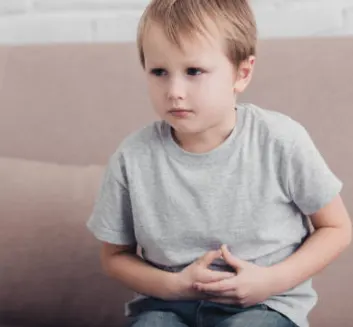Diarrhoea can be of sudden onset and lasting for less than two weeks (acute) or persistent (chronic). This leaflet deals with infectious diarrhoea, which is common in children. In most cases, diarrhoea improves and stops within several days but can sometimes takes longer. The main risk is lack of fluid in the body (dehydration). The main treatment is to give the affected child enough to drink; this may be by giving special rehydration drinks. Medical help should be sought if there is suspicion that the child is dehydrating, or if they have any worrying symptoms such as those listed below.
An infection of the gut is the most common cause and includes,A virus is by far the commonest cause of infective diarrhoea in the UK. Usually it is just ‘one of those germs going about’. Viruses are easily spread from person to person by close contact or when an infected person prepares food for others. Infection with a virus called rotavirus is the most common cause of diarrhoea in children in the UK although there has been a significant reduction in cases since the introduction of the rotavirus vaccine for all UK children in 2013. Adenoviruses and norovirus are other common viruses causing diarrhoeal illnesses.
Food poisoning (eating food infected with bacteria ) causes some cases of diarrhoea. The most common examples are species of bacteria called Campylobacter, Salmonella and Escherichia coli (usually shortened to E. coli). Food infected with parasites can cause food poisoning but this is less common in the UK.
Water which is contaminated by bacteria or other germs is another common cause of infective diarrhoea across the world but is rare in the UK and most common in countries with poor sanitation.
Non-infectious causes of sudden-onset (acute) diarrhoea are uncommon in children – these include inflammation of the gut (colitis), food intolerances or allergies such as coeliac disease, and various rare disorders of the gut. Toddler’s diarrhoea is a common cause of persistent (chronic) diarrhoea in young children.
The rest of this leaflet deals only with infectious causes of acute diarrhoea. Click the links to the various other leaflets that give more details about some of the different microbes that cause infectious diarrhoea.









